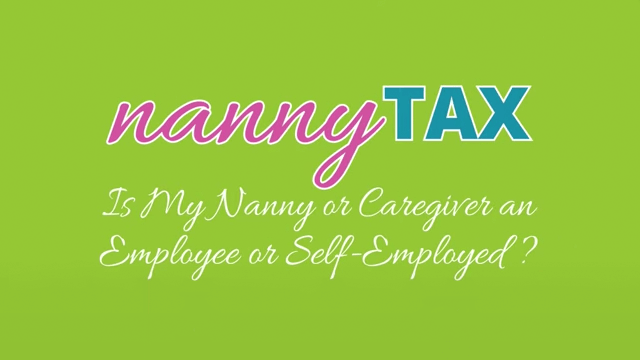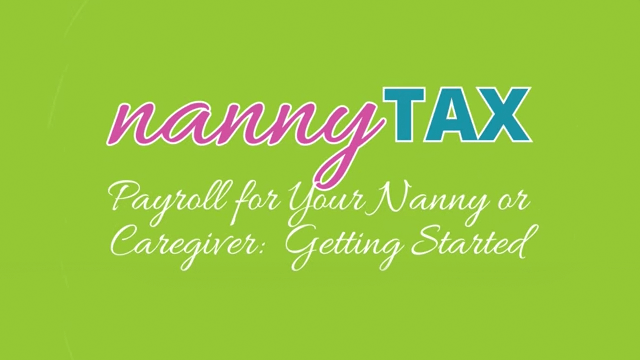
What is Sundowning?
Does your elder suffer from sundowners? While someone with Alzheimer’s or dementia may be agitated, confused, or restless throughout the day, sundowning is when the persons symptoms increase as the sun sets in the late afternoon and evening hours. Sundowning is very common, and it’s estimated that 66% of people with dementia deal with this disorder. According to WebMD, “Fading light seems to be the trigger. The symptoms can get worse as the night goes on and usually get better by morning.” Elders suffering from this disorder may have hallucinations, they may wander, get angry, act impulsively, and more.
What makes Sundowning worse?
On top of the fading light, there are numerous things that make sundowning worse and increase symptoms in the elderly.
- Being tired
- Being cold
- Being hungry
- Being thirsty
- Being bored
- Being sick
- Background noise like crying kids, a tv, or a radio
- Caffeine or alcohol
- Feeling as if they don’t have a purpose in life
How can you help your elder suffering from Sundowning?
The first step in helping your senior citizen decrease their sundowners symptoms is taking care of their basic needs listed above. Make sure they have an afternoon snack, water available, comfortable clothing, and get rid of background distractions. Other ways to help your loved one include:
- Keeping the home well lit, this also prevents trips and falls. See our post 5 Simple Tips to Prevent Falls in Seniors for more info.
- Get them on a routine, with activities schedule in the afternoon. Activities can be as simple as matching socks and folding laundry or listening to you read.
- Instead of having the TV on in the background, turn the radio on low with relaxing music.
- Offer calming touches, such as a shoulder rub or a hand massage.
- Make sure they are eating a healthy well rounded diet with limited sugar and caffeine.
- Try a rocking chair; some elders find comfort in the movement.
- Take them for a walk during the day. According to Alzheimer.ca, getting them more active during the day may decrease wandering in the evening.
- Speak with your elder’s physician. Their doctor should be aware of any new signs or symptoms of their disorder. They may have some helpful suggestions or offer medications that could improve symptoms.
Does your elder sundown? Chances are, if they have dementia, they do. If you know any tips or tricks that could help others dealing with sundowning, please share! We love comments, and yours could be the tip that eases sundowning symptoms for others.










